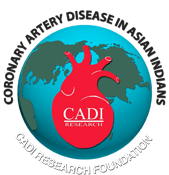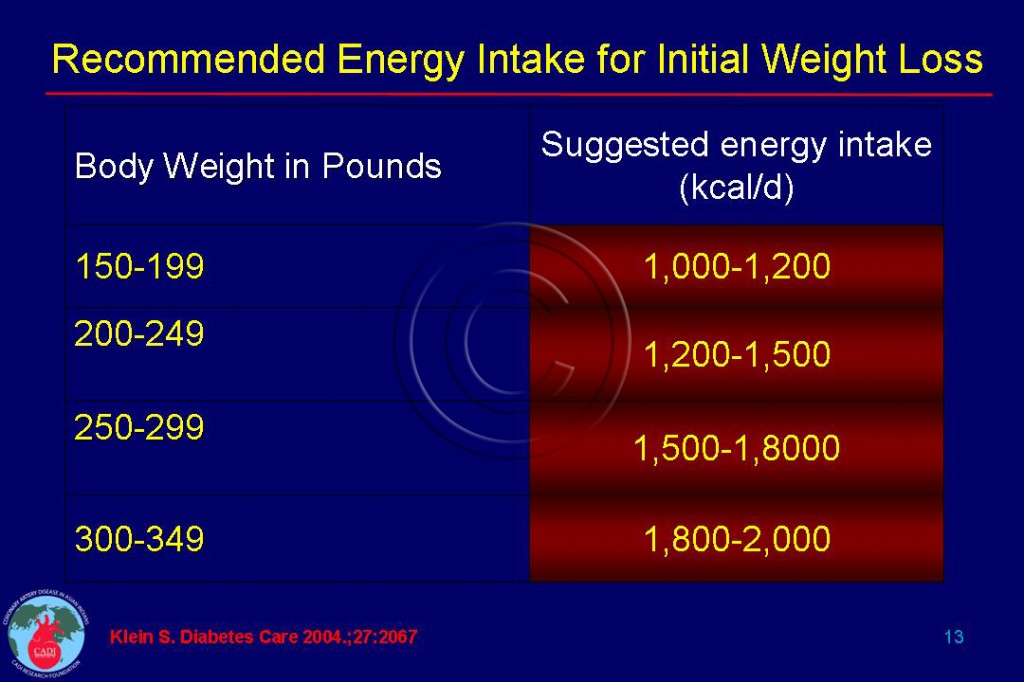Weight Loss diet
- The composition of one’s diet, the amount one weighs, and extent of caloric expenditure have all been shown to be important factors in the development of coronary artery disease (CAD). Given the acknowledged importance of excessive weight gain in the development of CAD and other major chronic diseases of public health importance, several relatively short-term randomized trials have been conducted over the past decade for purposes of identifying diets that adults can adhere to, lose weight on, and improve their CVD risk factor profile.1
- These studies have assessed varying combinations of low carbohydrate, low fat, and calorie-restricted diets with no definitive conclusions reached for the health related benefits of one diet over that of another.1 The results of a comparatively long-term trial in apparently healthy middle-aged obese men and women suggest that weight loss can be successfully achieved with either a low fat or a low carbohydrate diet in concert with behavioral encouragement.1
- The low carbohydrate diet was particularly associated with favorable changes in CVD risk factors at the time of the 2 year follow-up. Despite these encouraging findings, attrition to the two dietary intervention groups was relatively high and persons tended to regain the weight they had lost between one and two years.
- Several studies have shown persons tend to make marked changes in their lifestyle practices during the initial several months of undertaking a lifestyle modification program, though many of the early gains achieved tend to dissipate over time. In as much, continued efforts remain needed to identify those diets as well as lifestyle changes (e.g., physical activity programs) that persons can adhere to on a long-term basis and sustain initial positive changes.1
- Despite a plethora of studies that have examined various dietary approaches to shedding pounds, the basic formula for losing weight has not changed, namely consume fewer calories than you can burn off. Table 013.
- Scientists are presently exploring practical ways that dieters can feel satiated without consuming an excessive amount of calories. These practical weight loss “tips” include the consumption of a substantial breakfast in the morning, limit the amount of fats one consume, eat healthfully but sparingly with a healthy intake of fruits, vegetables, whole grains, lean meat and fish, restrict quantities of foods, increase one’s level of moderate to vigorous exercise to burn off calories, maintain weight loss, limiting one’s intake of highly refined carbohydrates including white bread, chips, baked products (cookies), and soft drinks.
- Human nature, being what it is, makes it difficult to change one’s diet. However, considerable benefits can be accrued by making long-term commitments to dietary and other lifestyle changes in the prevention of CAD and other important chronic diseases.
Sources
1. Foster GD, Wyatt HR, Hill JO, et al. Weight and metabolic outcomes after 2 years on a low-carbohydrate versus low-fat diet: a randomized trial. Ann Intern Med. Aug 3 2010;153(3):147-157.


